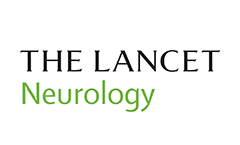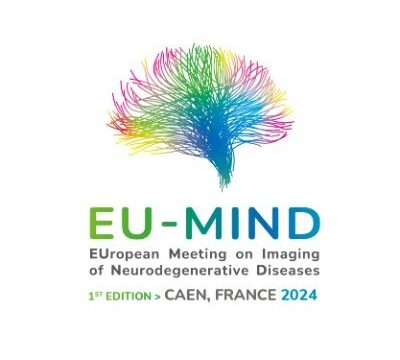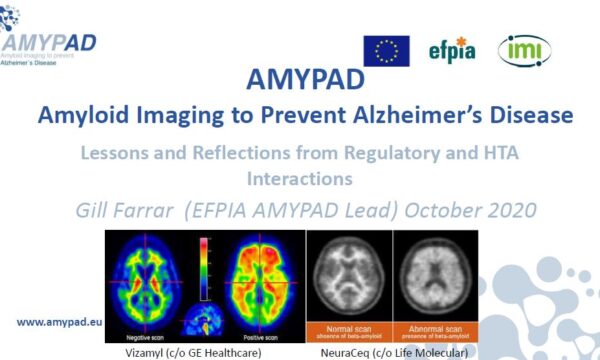What is your current role on AMYPAD?
Together with a multidisciplinary team involving experts in ethics, sociology and philosophy of medicine I lead the ethics work in AMYPAD. I work as a neurologist at Radboud university medical centre in the Netherlands. Our team provides guidance to AMYPAD concerning all ethical issues. We advise on the informed consent procedure (make sure the participants really understand what they are signing up for) and on how to communicate biomarker results to participants. We pay specific attention on the potential impact of Alzheimer’s dementia risk disclosure. We also advise on the link between EPAD and AMYPAD and how we can assure privacy issues are properly addressed in the interest of individual participants and of the EPAD and AMYPAD projects.
What is your overall vision?
As a neurologist who sees patients with memory complaints regularly, I always wonder whether my patient will benefit from the next diagnostic test. My overall vision is that evaluating the benefit of new diagnostic tests in solid diagnostic test accuracy studies including patient-centered outcomes is necessary before implementing tests on a large scale.
What do you find most challenging about the project?
Explaining the project to participants. For us, as researchers directly involved, it is sometimes already difficult to keep the overview of all the different steps within AMYPAD and EPAD. We will continue to strive for optimal communication to research participants to assure they properly weigh the benefits and risks of participating in AMYPAD. Truly informed consent leads to high participant satisfaction and better research results.



